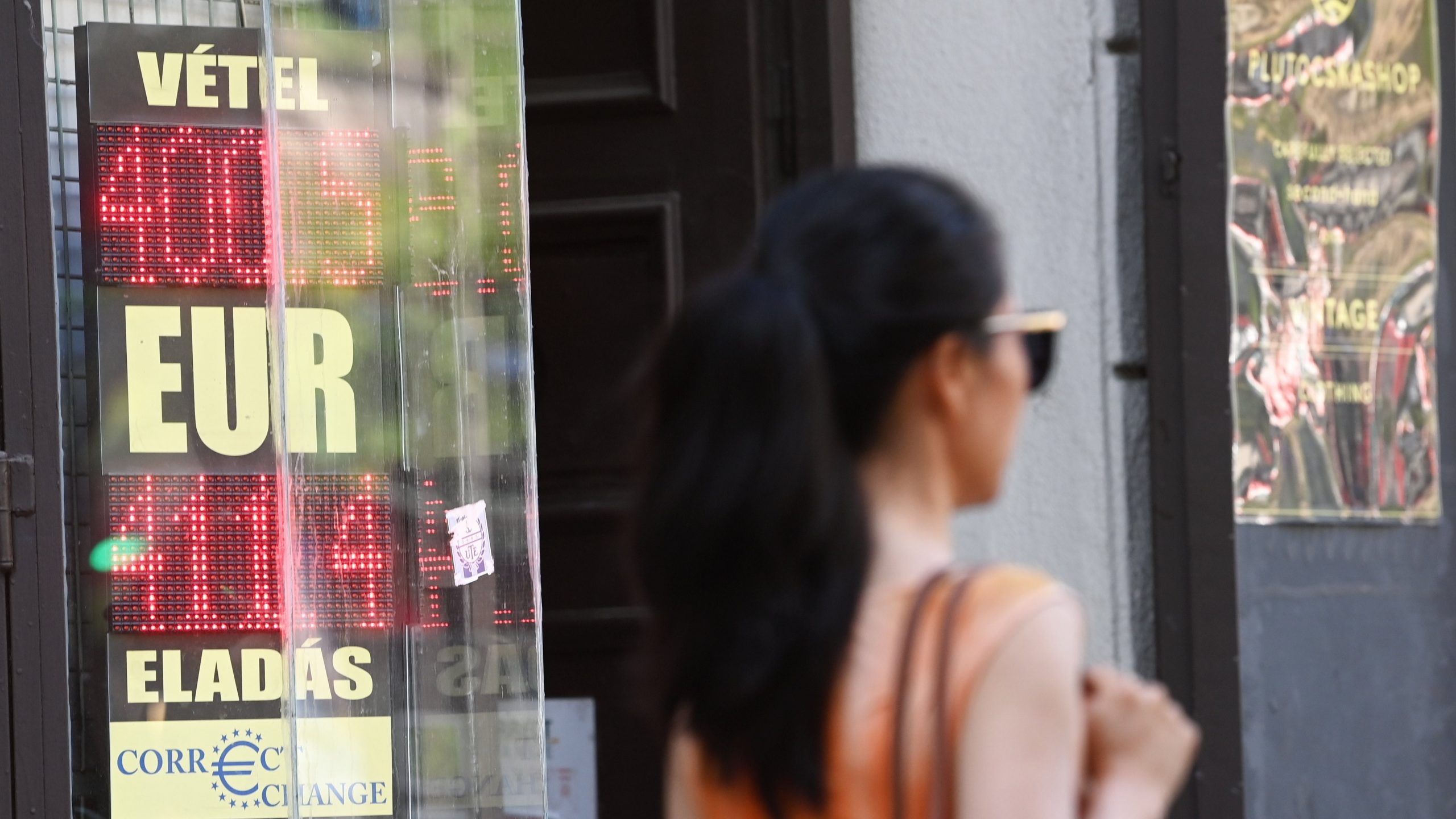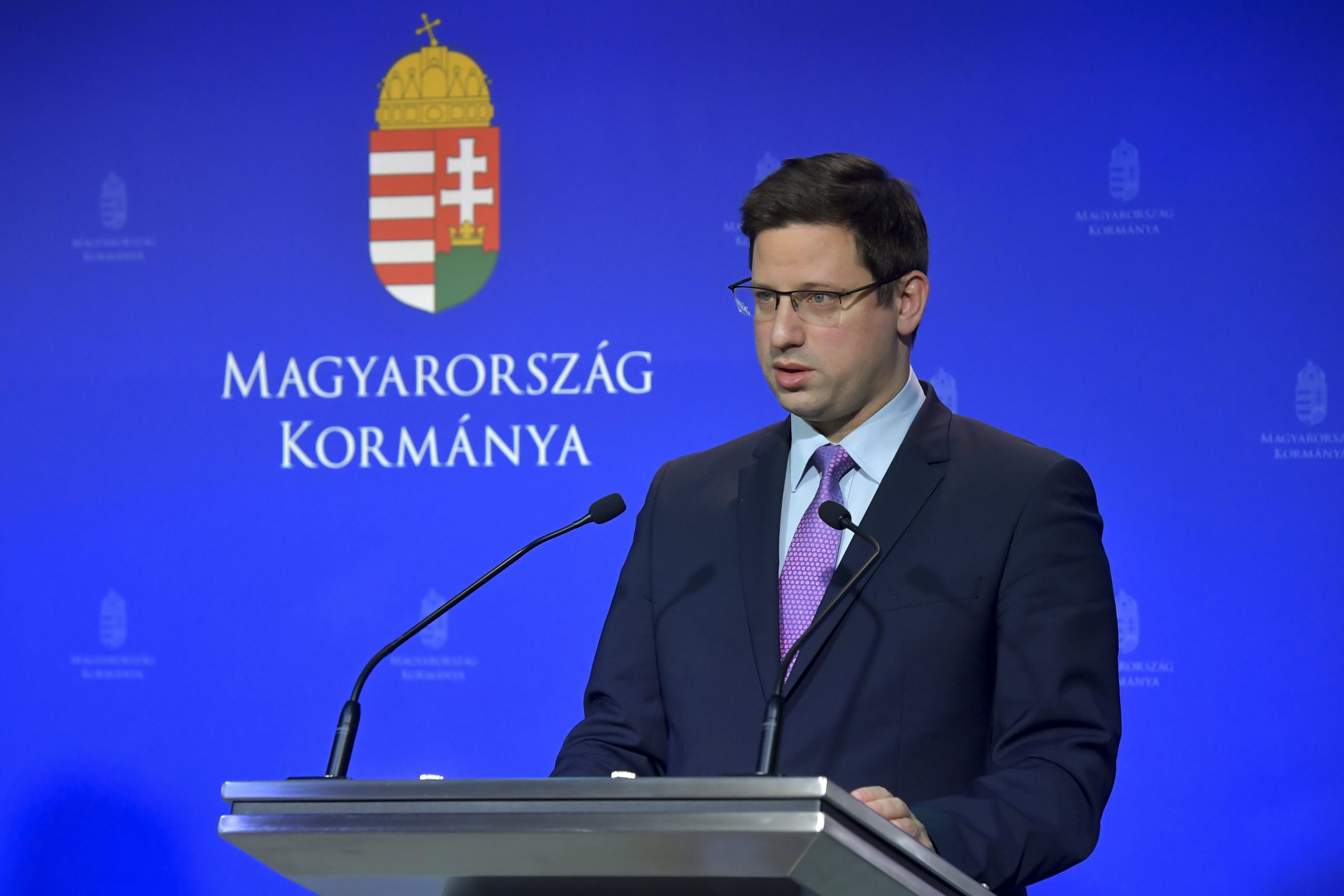
As a result of the drastic drop, the forint has underperformed its CEE counterparts this year, sliding more than 5% against the euro in the last month alone.Continue reading

The foundations of the Hungarian economy are “stable and strong” despite “difficulties reflected by the markets or the forint rate,” Gergely Gulyás, head of the Prime Minister’s Office, stated at his regular weekly press conference on Thursday.
According to Gulyás, May’s industrial output in Hungary was 9.4% greater than it was during the same month last year. Government revenues have increased, the country has essentially reached full employment, and “a considerable part of these revenues will probably be under-estimated,” he continued.
The minister claimed that the price of energy, namely gas, had a significant impact on the forint’s exchange rate and that the euro had also fallen against the dollar. All of it is a result of the conflict and the sanctions (on Russia), from which Europe as a whole suffers.
Gulyás stated that Hungary was “doing somewhat better” than other nations in the area when it came to inflation, but added that the national currency’s exchange rate was “much worse.”
In response to inquiries regarding the forint’s recent decline, Gulyás stated that Hungary’s exposure to foreign energy resources is significant, albeit waning. Despite lower trends, the state debt is also higher than that of other nearby non-euro zone nations, he claimed. According to him, changes in the currency rate have reflected those two elements.
In spite of the fact that it had decreased and that of other nations had increased over the previous ten years, Gulyás maintained that state debt and energy dependence affect the value of the currency. The Hungarian state debt is larger than the regional average.
Although the forint is the weakest of the regional currencies, Hungary has the lowest inflation rate of the Visegrad nations because “price caps have cut inflation by six percentage points.”
The main factor weakening the forint is the gas price, Gulyás said adding that energy independence of Hungary and long-term supply chain security will calm the markets.
On another subject, the minister said the government had made progress in talks with the European Commission concerning Hungary’s access to the EU’s recovery funds and adopted the EC’s positions in four areas.
He pledged that the government will reduce the ratio of public purchases with a single bidder below 15 percent, and ensure a legal remedy in court against the prosecutor’s decision in corruption cases. The government will also ensure broader social consultations before submitting draft laws to parliament, and will reduce the number of fast track legislative procedures, he added.
Talking about border protection, Gulyás said the government will draft legislation to set up a special “border hunter” group within the police force.
Border hunters will be prepared to stop violence along the borders and they will be ready to serve from September, after a brief training.
This will take the burden off the army and more persons will be protecting Hungary’s borders, Gulyás added.
Since Hungary built a border fence in 2015, the European Union has funded less than five percent of border protection costs, “despite the fact that we protect the external borders of the Schengen Area and Europe as well as our own,” Gulyás said.
Although “we cannot count on Brussels when it comes to the border fence,” it will have to be developed further so it will be harder to scale with ladders, he noted.
On the issue of an embargo on Russian gas, Gulyas said that the “EU cannot go around Hungary.” He said “peace is usually born at the negotiating table” if two warring countries cannot win on the battlefield. The root of the problems in many Western countries is that sanctions on Russia had been expanded to include energy resources, he said. Hungary’s fuel supplies would be at risk without Russian oil, Gulyás added.
via MTI
Featured photo by Szilárd Koszticsák/MTI